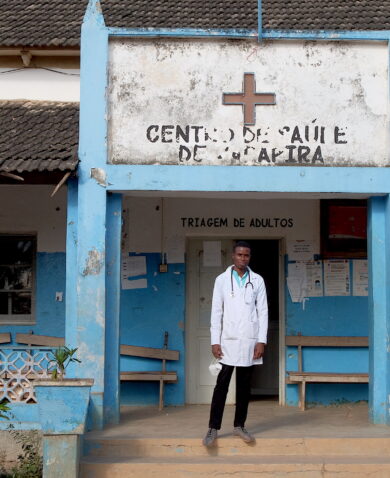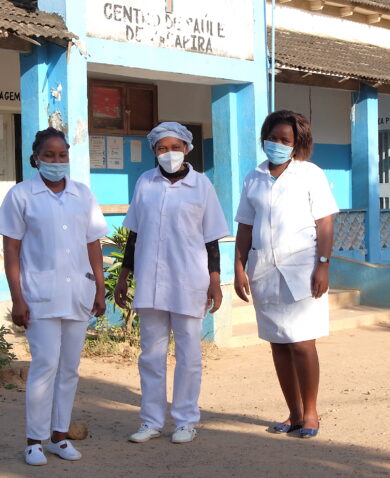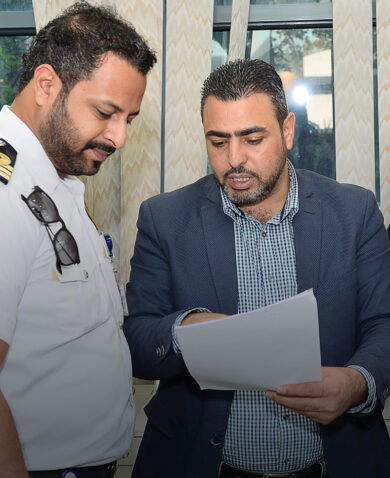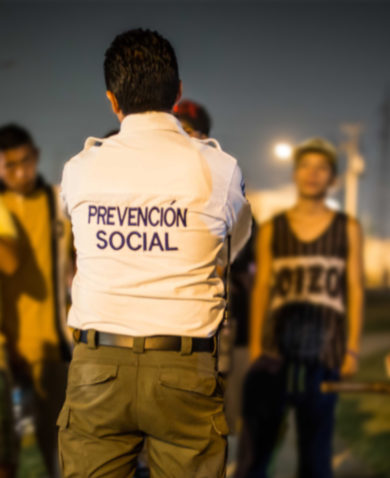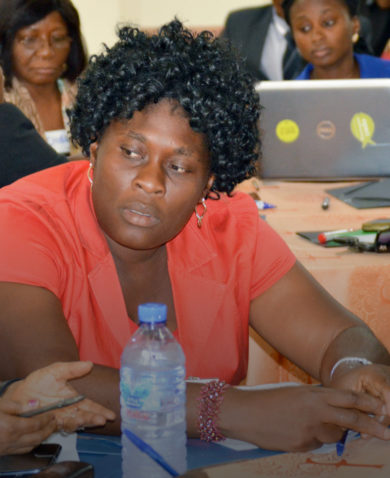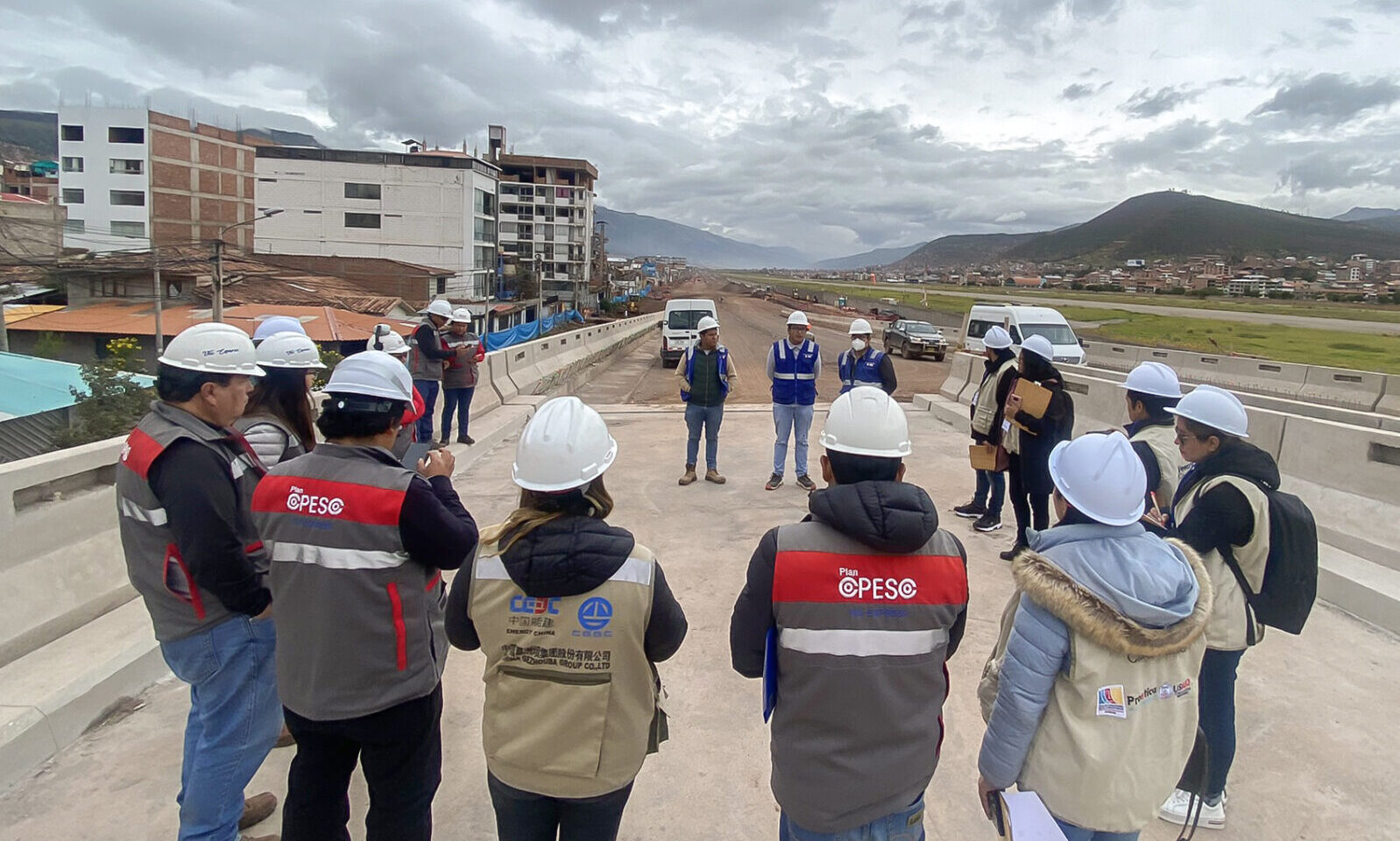
Rooting Out Systemic Corruption in Latin America Through Partnership
June 21, 2023 | 3 Minute ReadPartnerships between governments, citizens, and donors have an important role to play in rooting out corruption.
This blog was originally published by Foreign Policy magazine.
Corrupt governance systems are a threat to democracy. They deprive people of much-needed public resources and services, weaken trust in institutions, distort decision-making in the interest of the few, and lead to deep citizen disengagement and apathy. Moreover, corruption disproportionately impacts groups that already tend to hold less power within these systems, such as women. In developing countries, this issue is especially troubling. In her opening remarks at the 2022 International Anti-Corruption Conference – a global forum bringing together heads of state, civil society, the private sector, and others to tackle the increasingly sophisticated challenges posed by corruption – USAID Administrator Samantha Power noted that “corruption is no longer just about individual autocrats pilfering their nation’s wealth to live large—it is about their building out an entire system of governance.” Going unchecked, corrupt governance systems could reverse decades of development gains and lead to overall instability, insecurity, and increased poverty, especially for the most vulnerable.
Several years ago, revelations that Brazilian construction firm Odebrecht paid $29 million in bribes to Peruvian officials highlighted the magnitude of corruption within public investment programs. While the government of Peru had been implementing anticorruption initiatives for decades, well-designed reforms failed in implementation when up against vested interests fighting for the status quo. A private sector seeking to distance itself from scandal, reinvigorated civil society leaders, and upcoming elections led to a watershed moment. USAID leveraged this momentum by launching its Transparent Public Investment (TPI) project in early 2020.
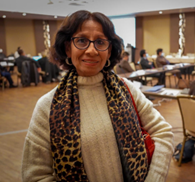
Designed to address systemic corruption in public sector investment, TPI supports “Integrity Networks” wherein public sector actors, civil society, and the private sector are all engaged in fighting corruption and promoting greater oversight. The networks place a special emphasis on including women leaders by providing them a platform to voice their needs such as in the case of Flor de María Infante (see box). By bringing women to the decision-making table, the networks are using their convening power to increase the trust between citizens, governments, and the private sector. According to Transparency International’s Global Corruption Barometer, 79% of Peruvians believe that ordinary people can make a difference in fighting corruption. Massive protests that resulted in the removal of President Pedro Castillo in December 2022 preempting an impeachment debate on corruption charges are further evidence of the power of citizen engagement in the fight against corruption.
Across Latin America – and worldwide – development funders have an important role to play in stopping corruption. They can use their convening power and semi-neutral status to bring together governments, civil society actors, the private sector, and, most importantly, those populations who disproportionately face the consequences of corrupt governance. Through Chemonics work implementing USAID programs in 157 countries over the past 48 years, we have learned that holistic, multidisciplinary interventions are key. Anti-corruption approaches that empower integrity bright spots, facilitate networking among actors, and create opportunities for scaling are proving to be far more effective than the previous practice of “naming and shaming.” Paired with a people-centered approach, these interventions have not only increased public engagement and overall confidence in institutions, but they have also provided agency to women and other marginalized groups to fight for their rights and the services they deserve.


